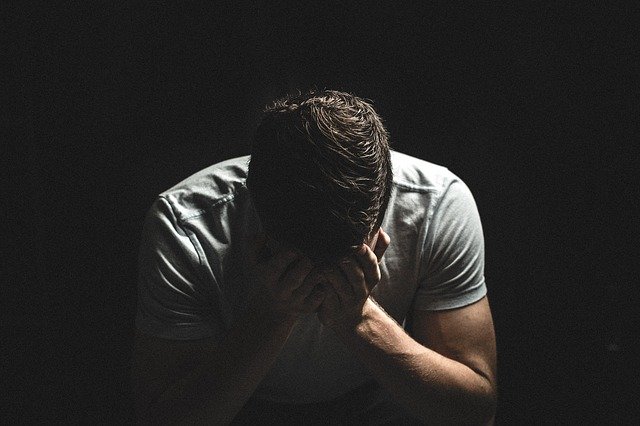The death of ABC33/40 reporter, Chris Sign, by suicide has raised this sad topic in front of all of us living in Birmingham. Our prayers go out to the family and friends who are experiencing this horrible loss. Grief after suicide can leave us numb and confused, not knowing what to expect or what to do.
Here are a few things to remember:
- There is no right way to grieve. Everyone grieves a little differently when they experience grief after suicide.
- It was not your fault. Don’t torture yourself with questions about how you could have done something differently to prevent this from happening. It wasn’t within your power. Instead, try to focus on what you did for them or how you cared for them.
- People often feel awkward and don’t know what to say after a suicide, and that’s okay.
- You may feel isolated, feel irritable, have a loss of interest in things you usually enjoy, have disturbing dreams, tearfulness, or find it difficult to make decisions.
- You may struggle to make sense of this, question your beliefs, or it may challenge the way you find meaning in life.
- You may notice that certain holidays, birthdays, and special occasions trigger your grief. Know that grief comes in waves and cycles. What you feel today, you will probably not feel tomorrow. Emotions go up, but they also go down.
- Cling to hope. It will get better!
- Reach out to friends and family. Let them know you’re hurting or having a bad day. Allow them to comfort you and help you with practical issues your loved one may have left behind (like insurance, finances, funeral plans, etc.).
- Seek emotional support from friends, church leaders, support groups, and crisis lines.
- Don’t let grief become complicated. Seek the help of a therapist who is trained in trauma therapy who can provide support and counseling during this difficult time. You are not alone







